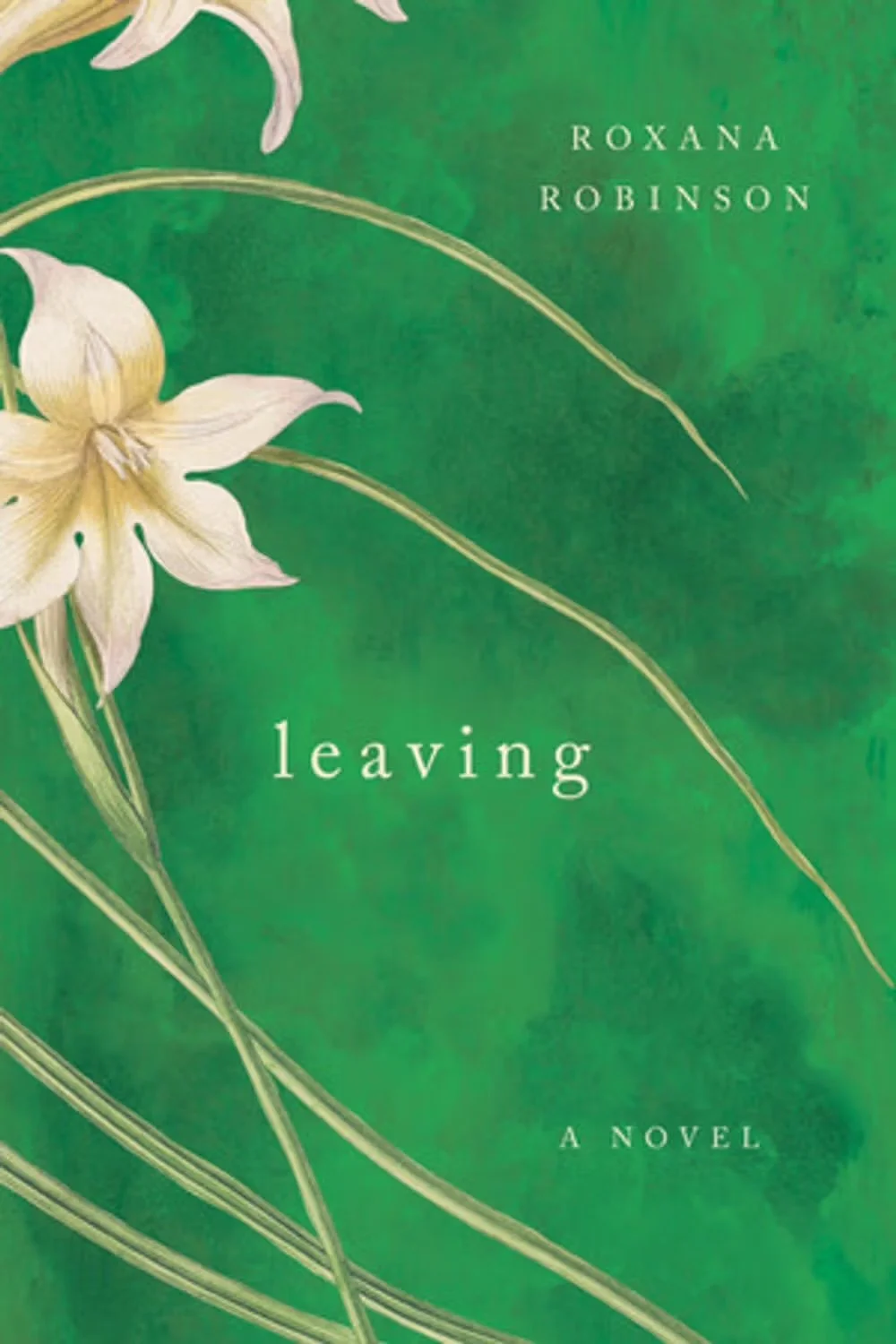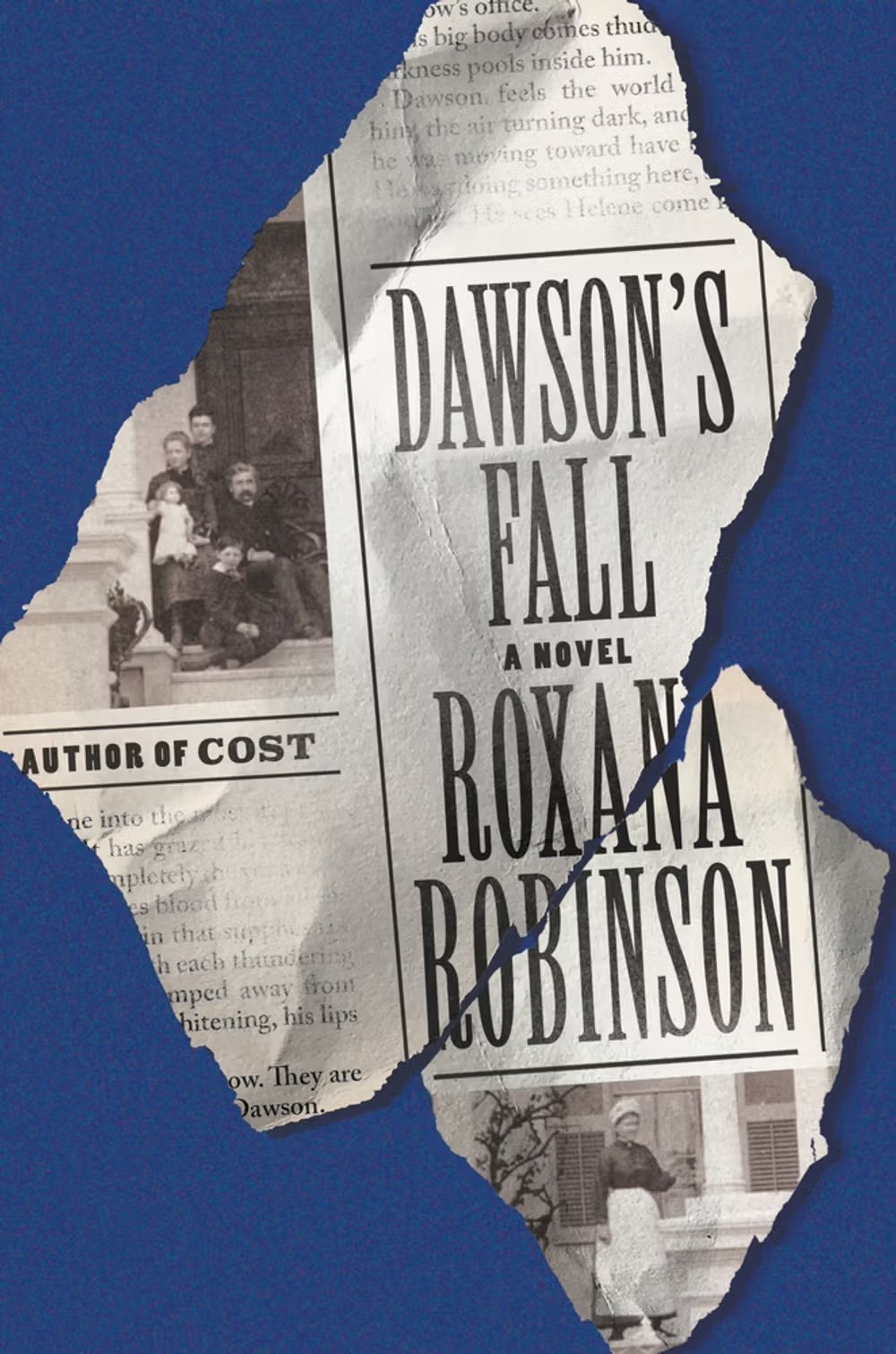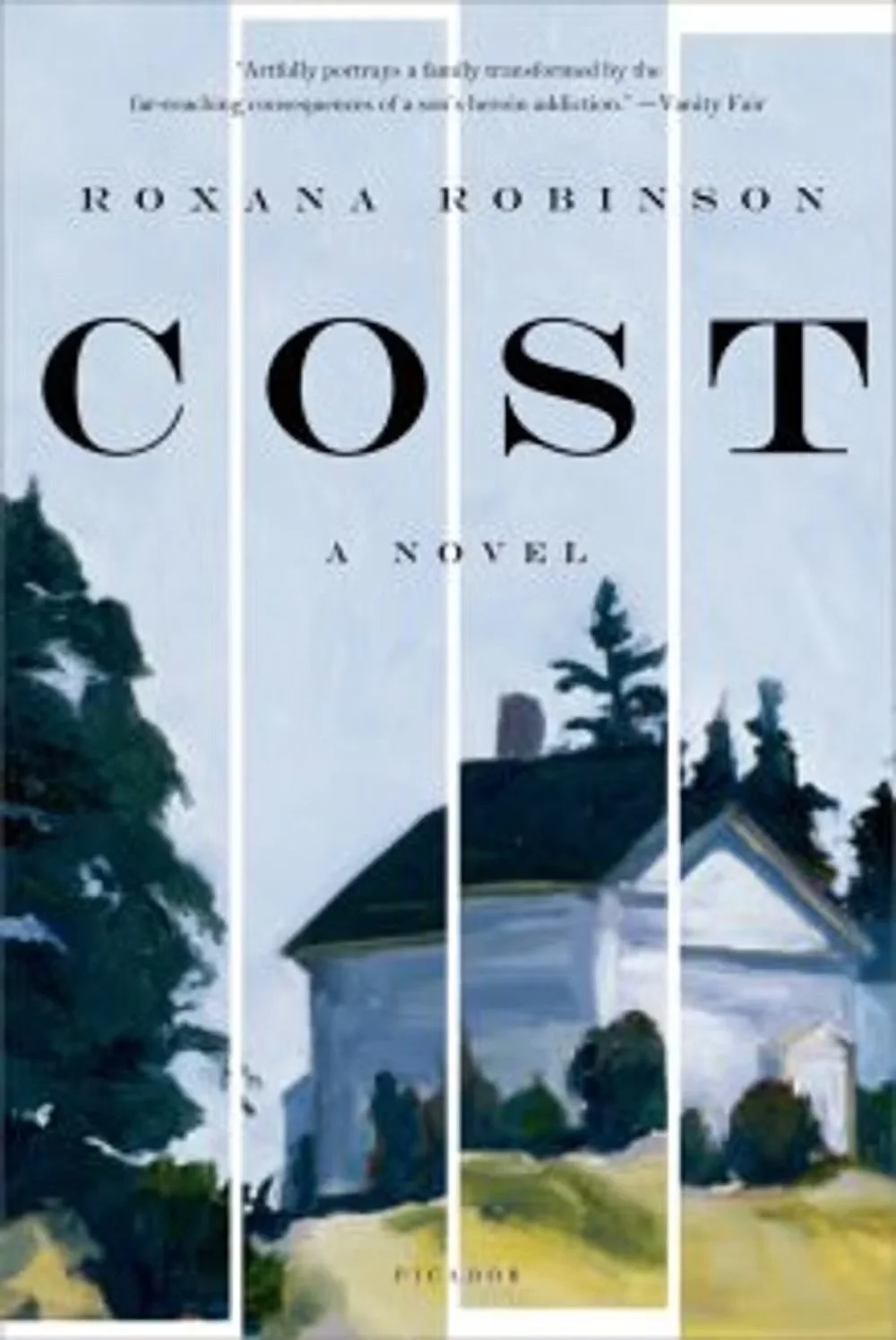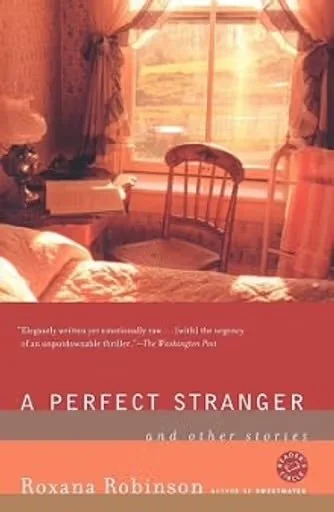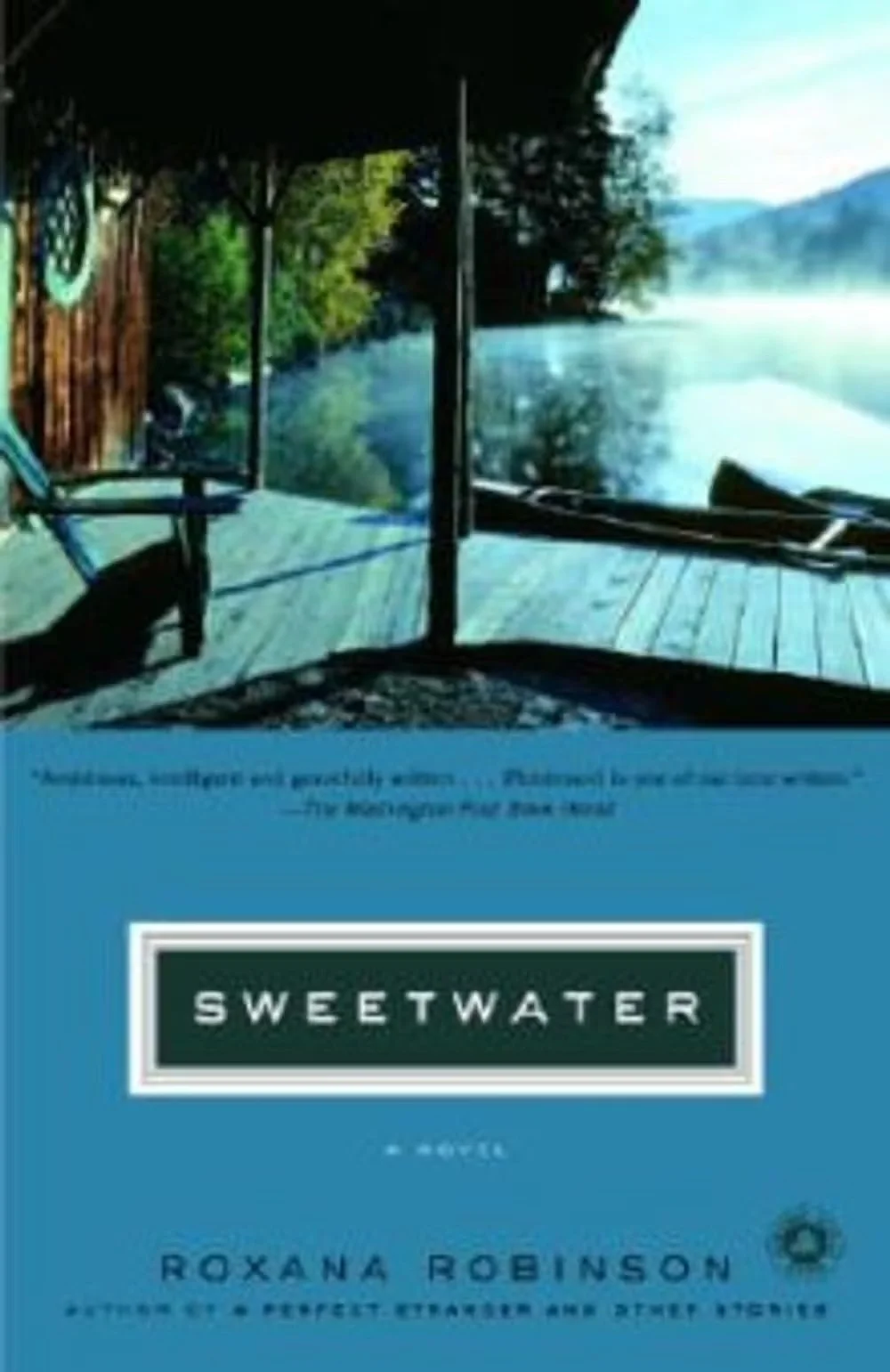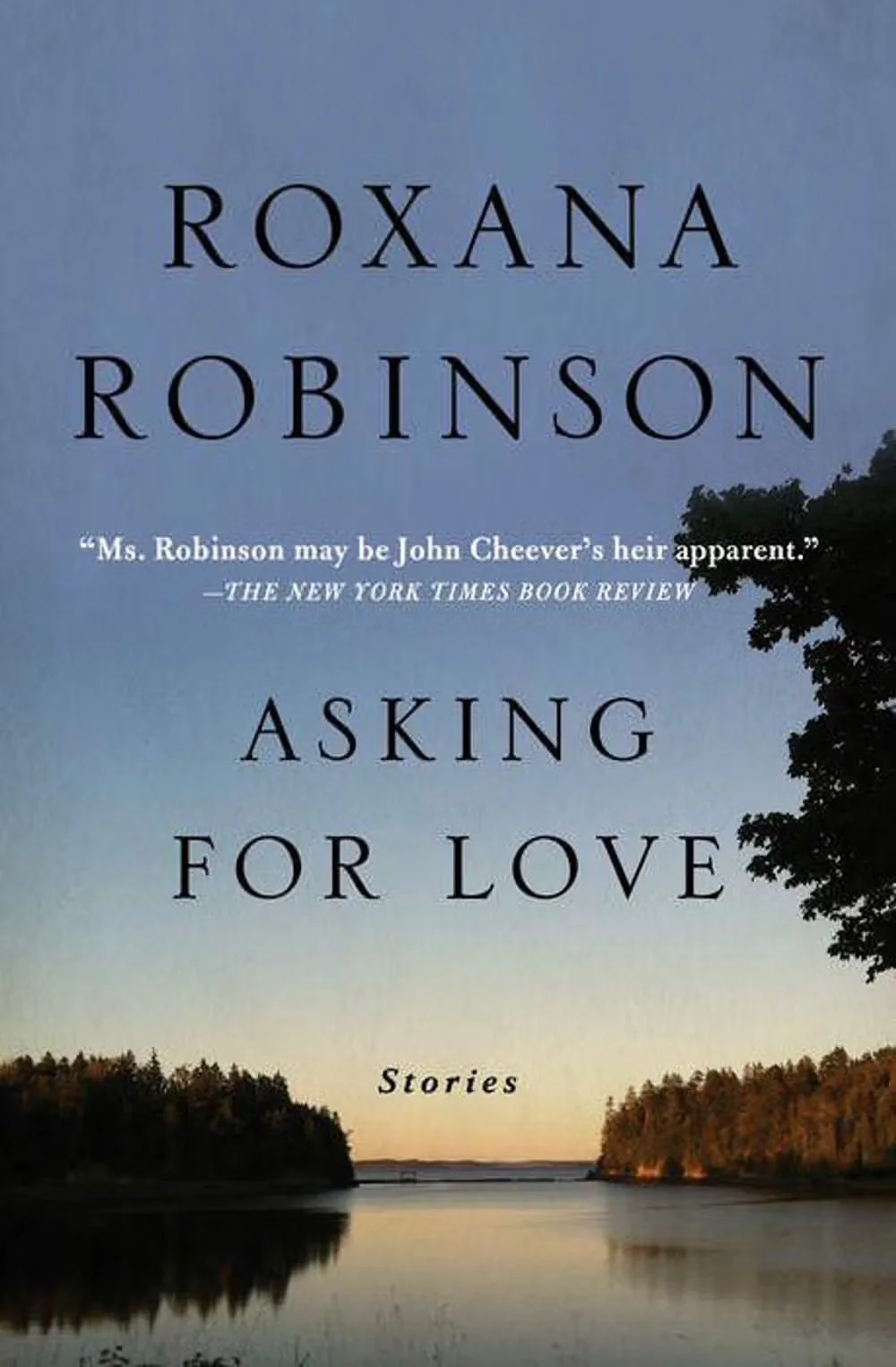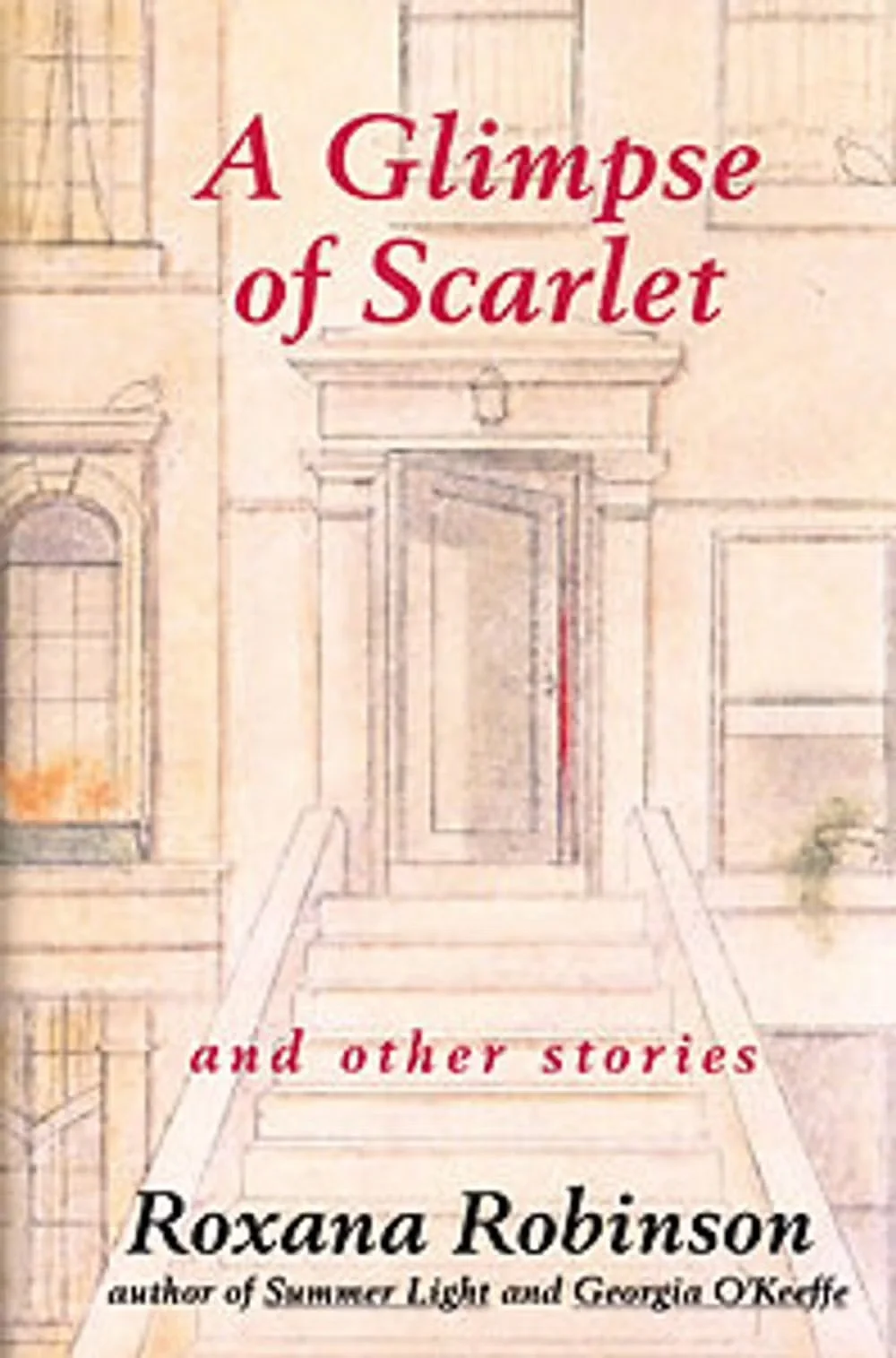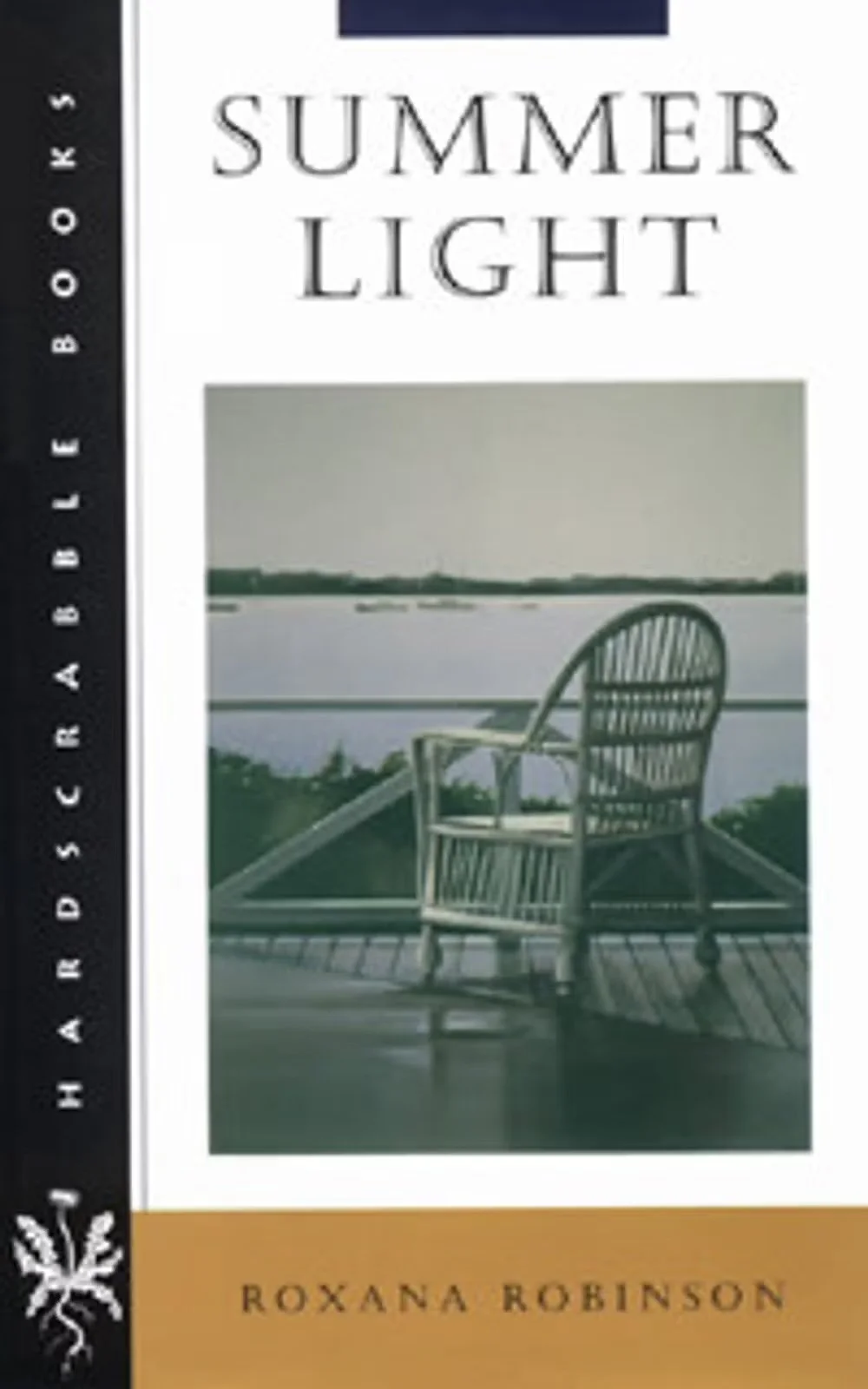Roxana Robinson is the author of eleven books—seven novels, three collections of short stories, and a biography of Georgia O’Keeffe. Four of these were chosen as New York Times Notable Books, two as New York Times Editors’ Choices.
Her recent novels include Leaving (W.W. Norton & Co., 2024), Dawson’s Fall (Sarah Crichton Books, 2019), and Sparta (Sarah Crichton Books, 2013), winner of the James Webb Award and named one the 10 Best Contemporary War Novels by Publishers Weekly. Her biography of Georgia O’Keefe, Georgia O’Keefe: A Life, widely considered the definitive O’Keefe biography, was reissued with a new foreward and previously unpublished letters by Brandeis University Press in 2020.
Her fiction has appeared in The New Yorker, The Atlantic, Harper’s, Best American Short Stories, The Southampton Review, Ep!phany and elsewhere. Her work has been widely anthologized and broadcast on NPR. Her books have been published in England, France, Germany, Holland and Spain.
Robinson has received fellowships from the National Endowment for the Arts, the Guggenheim Foundation and the MacDowell Colony, and she was named a Literary Lion by the New York Public Library. Robinson has served on the Boards of PEN and the Authors Guild, and was the president of the Authors Guild. She has received the Barnes and Noble “Writers for Writers Award,” given by Poets and Writers, and the Award for Distinguished Service to the Literary Community from the Authors Guild.
Asked in an interview about her approach to writing sexual intimacy, she responded, “Whenever I write about this subject I feel the cold warning hand of memory, reminding me that John Updike, king of the intimate sexual encounter, once received the Lifetime Achievement Award for Bad Sex in Fiction from the Literary Review. I’m reminded that it’s possible to be too explicit, to force your reader to learn more than she wants. I don’t want that. I don’t want the reader to feel like a voyeur, watching a porn film. Instead, I want the reader to understand how it feels to be Sarah, in these scenes, and how it feels to be Warren. How it feels for them to meet in such an awkward and vulnerable state. I want to set down what real intimacy is—uncertain, hopeful, fragile. Dependent on trust.”
She teaches in the MFA Program at Hunter College.



